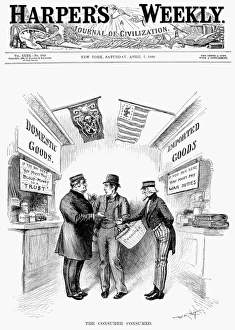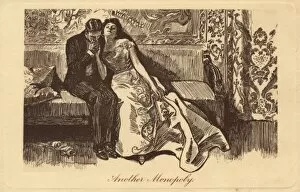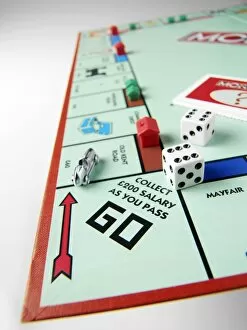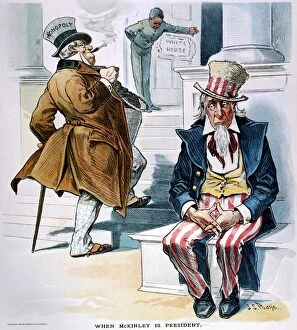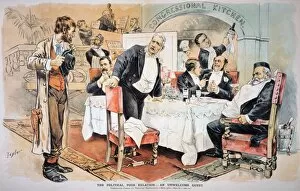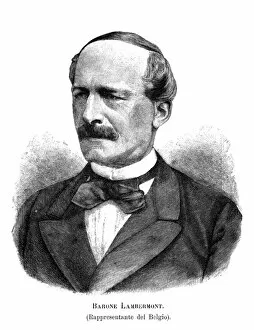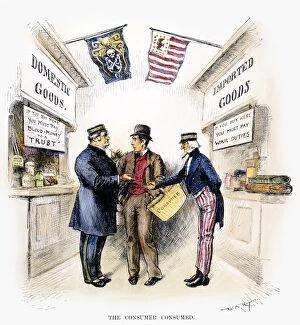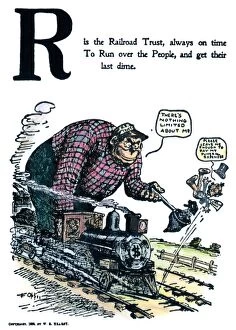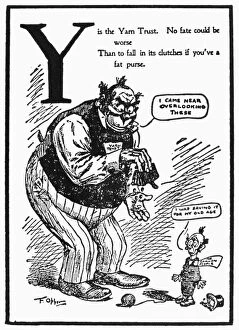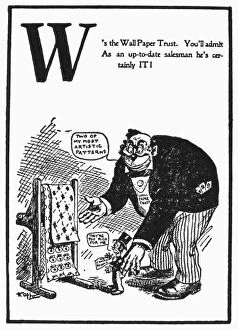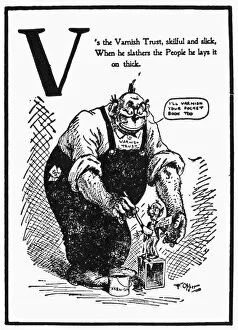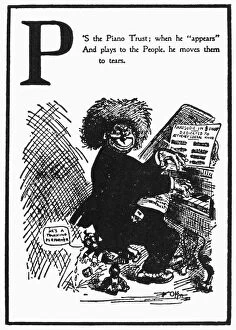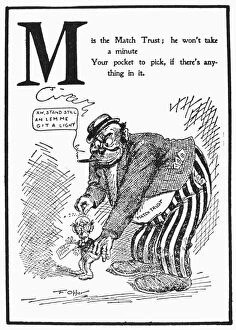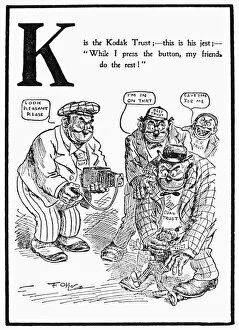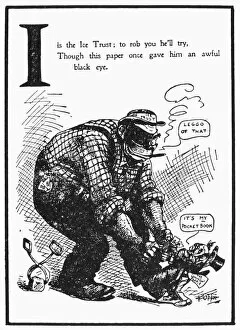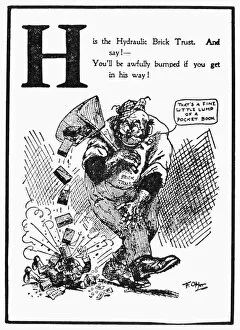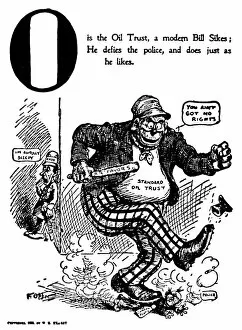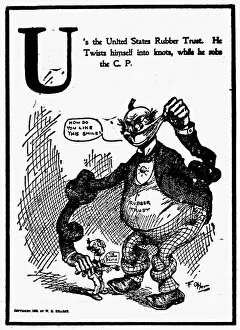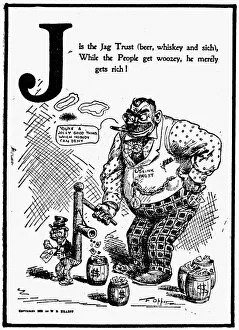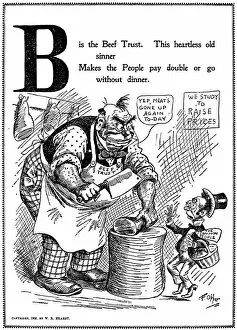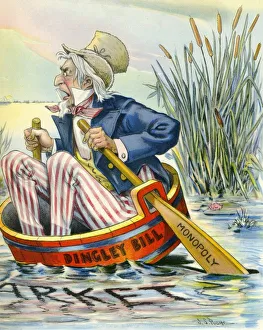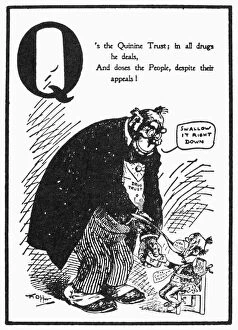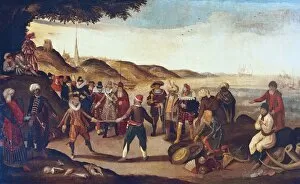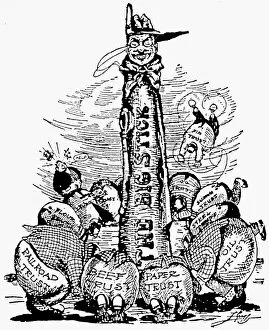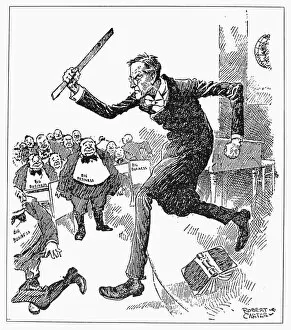Monopoly Collection (page 2)
"Unveiling the Monopoly: A Historical Journey of Power and Control" Step into the world of monopoly
All Professionally Made to Order for Quick Shipping
"Unveiling the Monopoly: A Historical Journey of Power and Control" Step into the world of monopoly, not just a board game but a concept that has shaped societies throughout history. From ancient trade charters to modern anti-trust movements, the struggle for economic dominance has been captured in various forms. In 1698, England's Trade Charter Act established an early example of monopolistic control. This legislation granted exclusive rights to certain companies, stifling competition and consolidating power in the hands of a few. Such practices were met with resistance even then, as seen in cartoons like "The Seven-league boots" from 1846 that depicted the negative consequences of unchecked monopolies. Fast forward to America's Gilded Age when industrial titans like Vanderbilt and Gould formed railroad trusts. Joseph Keppler's powerful cartoon "The Modern Colossus of (Rail) Roads" exposed their stranglehold on transportation and highlighted growing concerns about concentrated wealth. As society progressed, so did efforts to combat these monopolistic forces. President Theodore Roosevelt emerged as a champion against unfair business practices during his tenure. Cartoonist Clifford Berryman portrayed him slaying trusts deemed harmful while restraining those beneficial for the country - an iconic image capturing Roosevelt's fight against corporate giants. Monopolies weren't limited to industries alone; they also found their way into popular culture through games like Monopoly itself. Created as a critique on wealth inequality by Elizabeth Magie Phillips in 1903, it became an enduring symbol reflecting societal struggles against concentration of power. But beyond mere symbols lie real-life events where monopoly-like situations unfolded tragically. The sinking RMS Titanic serves as a poignant reminder that even within luxurious settings, disparities existed between social classes – some enjoying opulence akin to Park Place while others confined to Baltic Avenue-like conditions. Across continents, voices rose against oppressive systems supported by monopolies such as Britain's Anti-Corn Law campaign or Japan's early cigarette industry.


